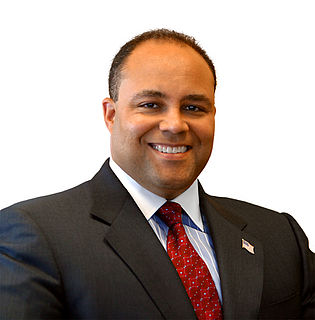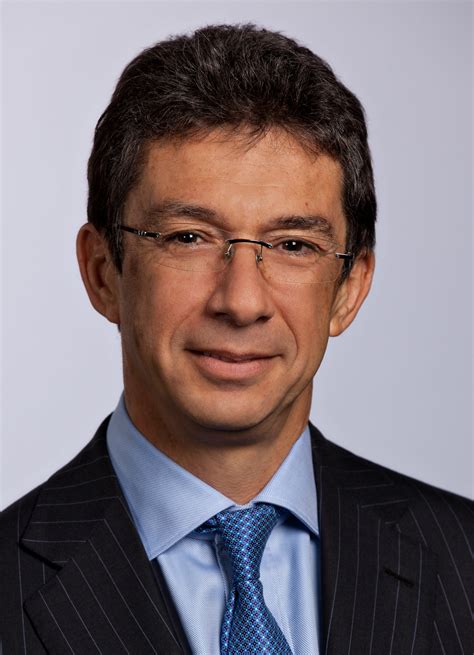A Quote by Michael K. Powell
The comparison to the old world is something to get excited about. We have the potential for more choice and innovation, and a different regulatory environment that doesn't place as much weight on economic regulations of terms and conditions.
Related Quotes
Sustainability is an economic state where the demands placed upon the environment by people and commerce can be met without reducing the capacity of the environment to provide for future generations. It can also be expressed in the simple terms of an economic golden rule for the restorative economy: Leave the world better than you found it, take no more than you need, try not to harm life or the environment, make amends if you do.
The millennium development goals are important, both morally and economically, because much of the world's population maybe is as much as a third of the world's population hasn't yet reached the level of economic development where we begin to get a dissociation from people's economic status and their reports about personal happiness. So we really do need to do much more and much more effectively in order to give everyone the kind of basis for which they can have good vibes.
If you look across the economy, if you have multiple players in an industry, you have more customization, more innovation, greater choice for consumers. The more you have consolidation, the less likely you are to invest in innovation. It becomes all about driving down cost and mass production. And that's not good for innovation in an industry.
When we liberate the economic potential of women, we elevate the economic performance of communities, nations, and the world... There is a stimulative and ripple effect that kicks in when women have greater access to jobs and the economic lives of our countries: Greater political stability. Fewer military conflicts. More food. More educational opportunity for children... By harnessing the economic potential of all women, we boost opportunity for all people.
Every mutation through a new combination of genetic factors that provides the organism with a new opportunity for coming to terms with the conditions of its environment signifies no more and no less than that new information about this environment has got into that organic system. Adaptation is essentially a cognitive process.
I don't think any foreign Internet company can effectively compete against Chinese companies in the Chinese market. The regulatory environment is so difficult that it's almost impossible for foreigners to have an advantage over locals who have better political connections and who can manipulate the regulatory system much more effectively.
Are you going to be able to shave your legs? Are you going to be able to get married? So it was constantly thinking about both choice in terms of possibilities - I mean because choice is the thing that is supposed to enable you to be whatever it is you want to be - and yet, at the same time you have to think about choice in terms of its limitations.
And ultimately, it's good for all of us to have more original programming on the air. Business doesn't drive the creative. So, in identifying a project like Dovekeepers, looking at something like Extant and looking at Under the Dome, it was about falling in love with a piece of material, getting excited by the creative direction, hearing a vision, and getting excited about the potential for those projects and building the business model around it. And they're not all modeled the same way. Every one is different.
Up to now, economic development has always meant that people, instead of doing something, are enabled to buy it... Economic development has also meant that, after a time, people must buy the commodity because the conditions under which they could get along without it had disappeared from their physical, social, or cultural environment.
I think over time the fiscal environment on cigarettes will become different, and the regulatory environment has to differentiate the products. If that is at the expense of cigarettes, so be it - it's not a problem for me. But we need some logical forum where we don't talk ideology but rather we talk about what can really accelerate the conversion. If you do display bans everywhere in the world on cigarettes but you can display IQOS, that's a differentiating measure for me. Then I'm more than willing to accept these measures because they are really conducive to make people switch.
I see parallels between Karachi and the cities that I was familiar with: a very different place, but in terms of its human stories not really very different at all. That was what excited me about the place - that it was so complex, as difficult to me as an outsider and yet so human in a way that was ultimately very familiar.

































